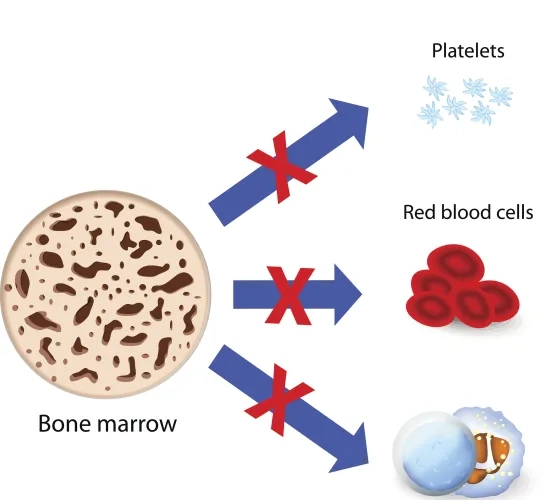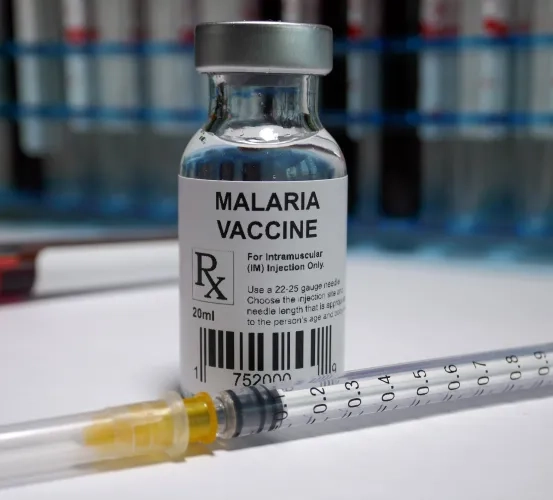
Observational Study of Cardiac Arrhythmias in Subjects Treated with BTK Inhibitors

Collection and Storage of Umbilical Cord Hematopoietic Stem Cells for Sickle Cell Disease Therapy

Research Study for Severe Aplastic Anemia (SAA)
Doctors at the National Institutes of Health (NIH) are conducting a research study to determine the viability and safety of early initiation of oral therapy with cyclosporine and eltrombopag in patients with severe aplastic anemia (SAA).

The Role of Anifrolumab in Improving Markers of Vascular Risk in Patients with Systemic Lupus Erythematosus

Infant Research Opportunity
Researchers at the National Institutes of Health (NIH) are studying how infants' brains change as they learn new motor skills. Results may assist with better treatment methods for Cerebral Palsy.

An Observational Study of the Developing Brain, Impulsivity and Compulsivity
Do you... Find yourself constantly checking things? Spend lots of time ordering your belongings? Have unusual rituals or habits that seem unnecessary? Do you blurt out comments at inappropriate times, interrupt conversations or speak out of turn or feel you are overly impulsive? The National Human Genome Research Institute (NHGRI) is conducting an outpatient research study on the links between compulsivity, impulsivity and the developing brain in children and young adults.

Mediterranean-like Unprocessed (CLEAN-MED) Diet Intervention Study of the Gut Microbiome of Healthy Adults


